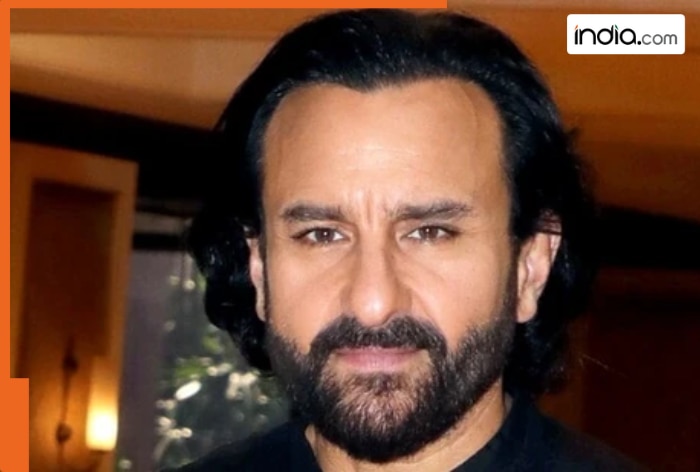Are you among those who cannot take their eyes off their screens while watching a food video? Do food reels send you into a trance? Are you also fond of watching cooking shows on TV or on your mobile phones?
Then, take a few minutes from your busy life and read this report. Watching those food reels on Instagram or cooking serials on TV could result in weight gain.
But how? Let’s understand.
Is social media making us fat?
Looking at those cake-making videos on social media is sure to give you a craving for the sugary goodness. Watching your favourite celebrity chef prepare the meal you enjoy will make you stick to your screens and maybe even order the dish afterwards.
Or, you may try to make the dish using the chef’s recipe.
Food reels on Instagram attract a significant number of views. Speaking to India Today, content creator Kevin Zingkhai, who has 605K followers on Instagram, said more influencers and creators have developed an interest in creating food videos.
The creators reap the reward with the views on these videos as it is hard for users to scroll past the clips of those delectable dishes.
Zingkhai said, “Food videos are addictive because they showcase a step-by-step process leading to the final product, combined with our food cravings. It’s a gold mine!”
A 2019 study found that regularly watching appetising food pictures on social media could trigger feelings of hunger, leading to overindulgence.
Shivangi Rajput, a Delhi-based counselling psychologist, told India Today that viewing food reels on social media often triggers the “brain’s pleasure centres, similar to addictive substances. When someone watches a lot of food reels, they might start craving those foods more often, influencing their behaviour by making them more likely to seek out and eat the types of foods they see.”
As per the 2019 study published in the journal Brain and Cognition, just looking at pictures of food was capable of increasing someone’s ghrelin levels, a hormone that tells your brain you are hungry.
It suggested that just watching those images of scrumptious dishes sends a blood rush to the part of the brain responsible for taste, making you crave food even when you are not hungry.
Social media can also influence the food you consume as well as your lifestyle habits. This may have an impact on your weight.
“Yes, watching food reels can make you gain weight,” Rajput, the counselling psychologist, told India Today.
“Since you see many different videos, your fingers just keep scrolling, leading to increased screen time and lack of physical activity. This generally impacts your attention span and makes way for a negative lifestyle. Inactivity can disrupt your normal appetite signalling and lead to eating more than needed,” she explained.
ALSO READ:
India one step closer to approving weight-loss drug tirzepatide: What is it? How does it work?
How cooking shows impact our weight
Not just watching reels or food images on social media but even viewing cooking shows on TV affects your weight.
A 2015 study published in the journal Appetite found that women who prepared food from scratch after seeing it on a cooking show had higher BMIs.
“Our main finding is that it seems that if you watch food television and then actually cook the recipes that you see, you’re at risk for having a higher BMI [body mass index],” study author Lizzy Pope, a researcher in nutrition and food science at the University of Vermont, told NPR.
About 500 women in their 20s and 30s were asked a range of questions about their cooking habits, with researchers noting their weight and height to calculate their BMIs.
“In terms of weight, those who watched cooking shows and cooked frequently from scratch had a mean weight of 164 lbs (74 kg),” the study found. On the other hand, women who watched cooking shows but did not cook much from scratch weighed about 153 pounds (69 kg), as per the NPR report.
Does it mean you should stop cooking at home? No!
Pope said that she did not want to discourage people from preparing meals at home. “As a dietitian, I want to encourage everyone to [cook at home] as often as possible.”
But she advised people to be aware of what and how they cook as TV cooking shows may not be an inspiration for healthy cooking.
ALSO READ:
What is the anti-diet trend of intuitive eating? Does it improve gut health?
What can you do?
We know those food reels are tempting. It is even harder to not order that mouth-watering dish once you come across it on your feed.
But you have to maintain a balance. Follow accounts that promote healthier food habits. Limit the consumption of sites with appetising food images, especially if they are unhealthy.
If you come across a healthy food recipe on your social media, you can save it and make the dish for yourself one day.
Focus on your hunger cues and eat accordingly rather than eating the portion sizes you see on your screens.
Most importantly, put down your phones and go for that 30-minute walk. Meet your family or friends instead of watching food videos.
With inputs from agencies

)





